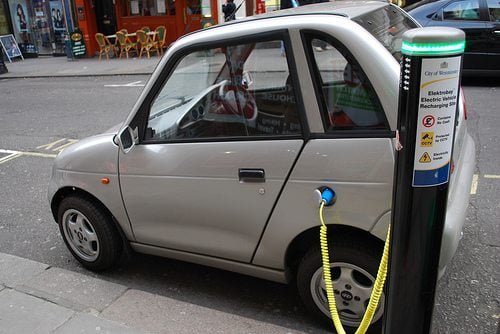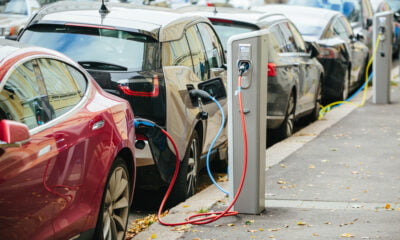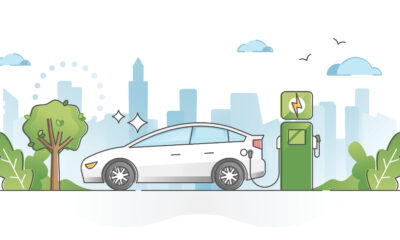

Economy
Government prepares for major rollout of electric car chargepoints
The government is set to fund and install hundreds of new electric car charging points across the UK, the Department of Transport has revealed.
Plans to distribute £37m to offset the cost of installing the required infrastructure for recharging electric vehicles were unveiled in February.
This money will now be made available to dozens of local authorities, NHS trusts and train operators to provide charging points on their properties and streets.
The government is also welcoming other bids from similar organisations for a second round of funding.
Transport minister Norman Baker said, “This is brilliant news for those already using these vehicles and will give greater confidence to those who are considering making the switch to electric.
“With new models coming to market every month from major motor vehicle manufacturers and running costs of 2-3p a mile, these vehicles are an increasingly attractive option for many consumers and businesses.”
Through June, around 6,000 electric cars had been registered to drive in the UK.
In 2009, mayor of London Boris Johnson announced a plan to introduce 100,000 electric vehicles to the capital’s streets, installing 1,300 chargepoints by this year. Figures from May revealed that just 851 Londoners had signed up to use them.
Speaking to Blue & Green Tomorrow, managing director of car loan firm City Car Club James Finlayson questioned the value for money of the government’s £37m investment.
“I guess it is the chicken or the egg scenario. People won’t be keen to purchase an electric vehicle (EV) if there isn’t a charging infrastructure to support the EV, a bit like buying a combustion engine car and not having a fuel station to fill up from”, he said.
“But actually, the majority of people make journeys of a short duration, so there should not be a major need for external charging infrastructure when people owning EVs would most of the time charge up from home or their work place.
“A basic level of infrastructure is important at this early stage, but future spend on expansion unless paid for by the private sector, should be thought through carefully.”
Finlayson went on to say that he doubted that the rate of growth in electric car ownership would quicken as a result of this investment, adding, “My view is that the spend, or at least some of the spend, should be diverted into promoting alternatives to car ownership – public transport, cycling and my own line of business, car clubs whereby people share rather than own which in turn reduces car journeys taken.”
Further reading:
Can the UK mimic the French EV revolution?
‘State-of-the-art’ trains a ‘boost’ for passengers, says transport secretary
British motor industry to get £1bn to build vehicles for the future
Electric vehicle sales predicted to soar to £2.8bn by 2020
The truth behind environmental cars


 Environment12 months ago
Environment12 months agoAre Polymer Banknotes: an Eco-Friendly Trend or a Groundswell?

 Features11 months ago
Features11 months agoEco-Friendly Cryptocurrencies: Sustainable Investment Choices

 Features12 months ago
Features12 months agoEco-Friendly Crypto Traders Must Find the Right Exchange

 Energy11 months ago
Energy11 months agoThe Growing Role of Solar Panels in Ireland’s Energy Future





























